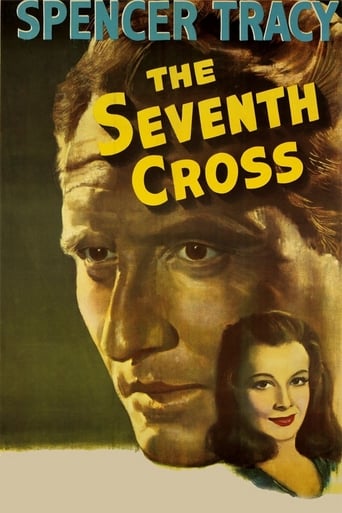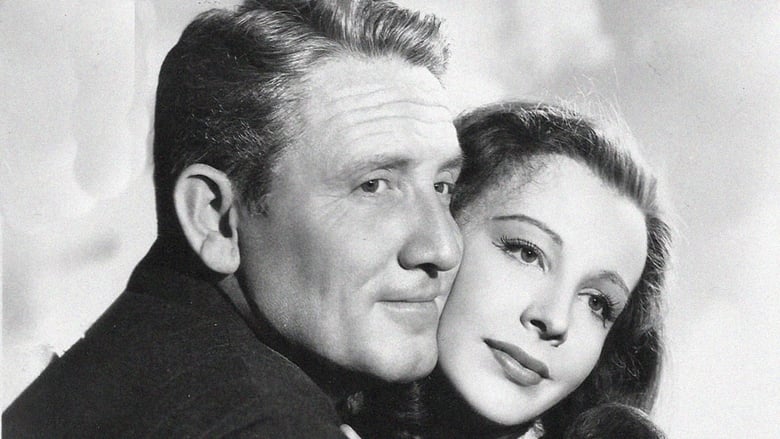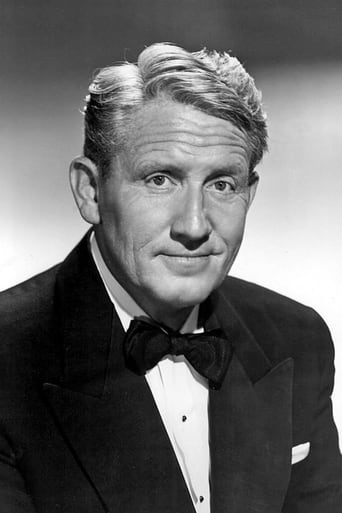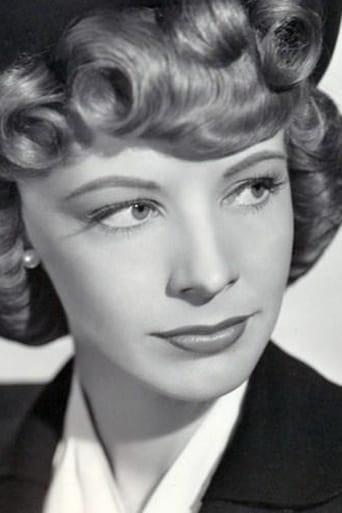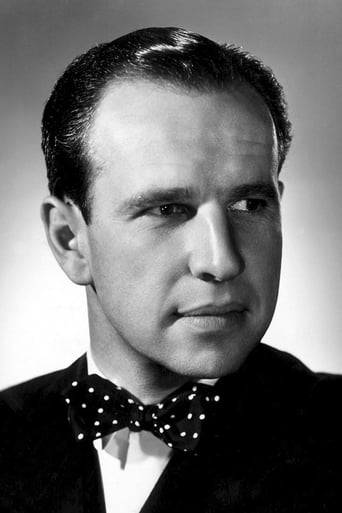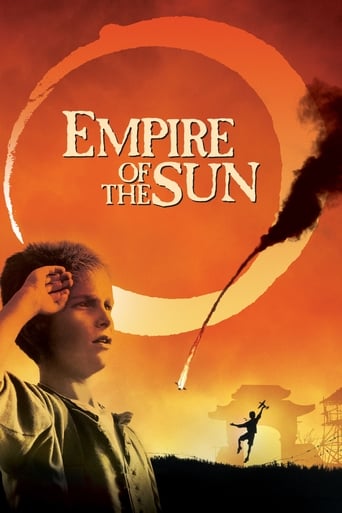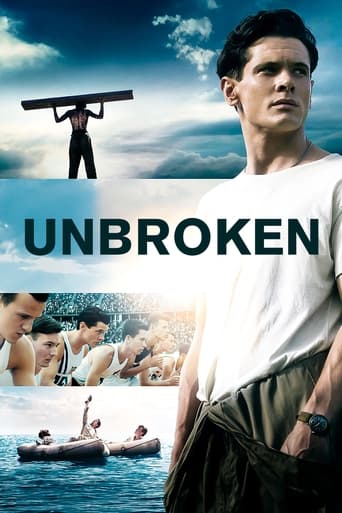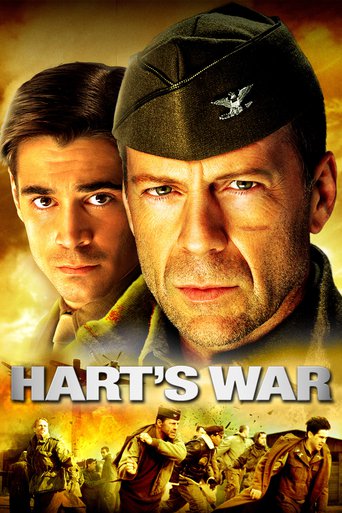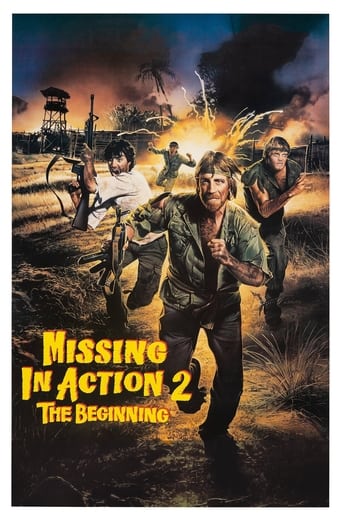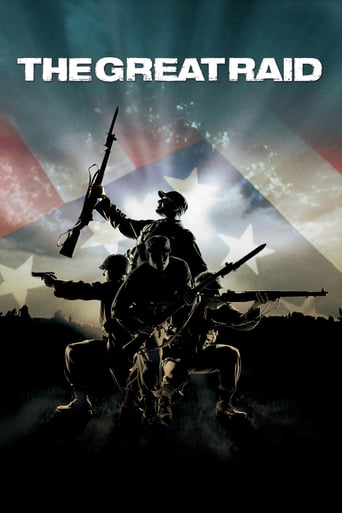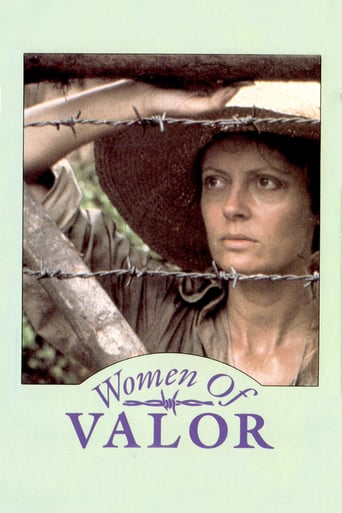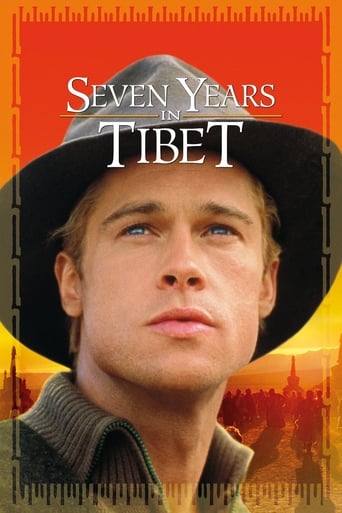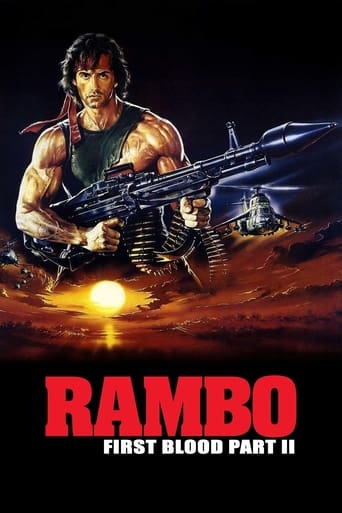The Seventh Cross (1944)
In Nazi Germany in 1936 seven men escape from a concentration camp. The camp commander puts up seven crosses and, as the Gestapo returns each escapee he is put to death on a cross. The seventh cross is still empty as George Heisler seeks freedom in Holland.
Watch Trailer
Free Trial Channels
Cast


Similar titles
Reviews
Good concept, poorly executed.
This is one of the few movies I've ever seen where the whole audience broke into spontaneous, loud applause a third of the way in.
The movie's not perfect, but it sticks the landing of its message. It was engaging - thrilling at times - and I personally thought it was a great time.
After playing with our expectations, this turns out to be a very different sort of film.
It's 1936 Germany and 7 prisoners escape from a concentration camp. The Commandant vows to get even and has seven trees cleared to hang each man from as he is captured. Can he see his plan fulfilled? We follow the plight of one of the prisoners – Spencer Tracy (George) – as he attempts to avoid capture and escape the country.The film starts off with a narration by Tracy's fellow escapee and leader of the breakout - Ray Collins (Wallau). Unfortunately, half an hour into the film and this guy is still narrating. Tracy has barely spoken at this point and it gets irritating. We don't need this narrator, let Tracy lead the proceedings. So, I'm afraid the film loses a mark for this. As it also does for the final half hour or so when the character of waitress Signe Hasso (Toni) is introduced. She serves no purpose whatsoever and is clearly put into the film to provide a love interest which just doesn't work. The age gap is ludicrous - Tracy is like her dad and would have no time for such a distraction given his circumstances. Lose another mark.However, outside of this, the story is gripping and you, just like the main character, don't know who to trust. The best in the cast is working class citizen Hume Cronyn (Paul) who is extremely likable but you still just don't know what will happen with him. There are several sequences of note including a couple in which Tracy roams around a couple of towns alone and witnesses other escapees getting captured. But, most of all, the audience can feel the tension in Paul's bid for freedom. Who should Tracy trust? The seventh cross is waiting for him
Spencer Tracy headlines a fine cast as George Heisler, an escapee from a Nazi concentration camp in 1936 who has to depend on help from old friends to make his escape successful, all the while not really knowing who he can trust and being actively sought out by the Gestapo. The sense of fear and paranoia that's developed by the movie is quite ominous. Like Heisler, as the viewer you can never really be sure who can be trusted. Nazi Germany is portrayed (accurately!) as a dangerous place, unsympathetic to anyone who might be even remotely opposed to the regime. There's a sense of hopelessness here right from the start. Heisler is one of seven escapees - six of whom are quickly recaptured. Heisler himself feels totally alone, unsure who to turn to for assistance. He finally connects with an old friend (Paul, played by Hume Cronyn - whose wife Liesel was played by Jessica Tandy.) Not knowing that Heisler is a fugitive, Paul and Liesel take him in, and as they slowly discover what's going on, they become his hope and his lifeline.There are some major weaknesses to this, unfortunately, which prevent it from being a first-class film. Tracy's role is unfortunately limited. The first half of the story especially is actually narrated more than acted - the narration being offered by one of Heisler's fellow escapees who died, and the movie implies is watching over Heisler as he tries to stay out of the Gestapo's clutches. The movie would have been well advised to have taken better advantage of Tracy's considerable acting talents. The addition of a romance (completely out of left field) between Heisler and a local waitress in the movie's last half hour seemed bizarre and totally out of place. Probably because of the sudden focus on the quasi-romance, Heisler's ultimate escape comes across as surprisingly (and disappointingly) easy and undramatic.Aside from the believable portrayal of the bleakness of life in Nazi Germany, the movie is probably most surprising for offering at the same time a rather hopeful portrayal - the point is repeatedly made that not all Germans are soulless Nazis, and there are many individual Germans who take great chances to help Heisler. That was a bit surprising to me, since the movie was made during the height of World War II (in 1944) and as a result one might have expected a more negative portrayal of Germans than was actually offered. This was a good movie - it could have been a great movie if not for the weaknesses I mentioned above.
This film has one of the most unusual styles of the day. In many ways, its narration by Ray Collins is very reminiscent of the narration by William Holden in SUNSET BOULEVARD. That's because like Holden, Collins is dead and gives the narration post-mortum! A strange plot device but very effective for this sort of film.THE SEVENTH CROSS is a propaganda film meant to solidify the people back home in the war effort against Nazi Germany. However, the film is set in 1936--three years before the war began. The film finds seven political prisoners escaping from a concentration camp. The whole "seven crosses" reference regards the Commandant's (George Zucco) pronouncement that each of the seven men will be tracked down and hung from these crosses in the courtyard of the prison until they are dead--as a lesson to all those who would dare to consider escaping.The main character of the film is Spencer Tracy. What makes this performance interesting is that he says almost nothing through much of the film. Collins narrates and things occur around Tracy, but he's so hollow and beaten by life in the camp that he just stares with a somewhat vacant look. As the film unfolds, his performance opens up as well--showing more and more of the familiar Tracy as he slowly recovers from the agonies of his confinement.The rest of the cast is quite impressive. Many exceptional character actors (such as Felix Bressart, Hume Cronyn and his wife Jessica Tandy, Agnes Moorehead) were gleaned from the MGM roster for the film. Additionally, if you look at the extended list of the cast, you'll see that it is huge---much, much larger than usual. It's obvious that the studio pulled out all the stops to make this a first-rate production.Overall, a very successful film because unlike some wartime films, this one is timeless and can be enjoyed and admired today because it is a very well made film--with a taut script and excellent acting. As I said, some wartime propaganda films don't work as well today because they are shrill and simplistic. This film has depth and has more to offer than usual.
The Seventh Cross is a film based on a novel by Communist author Anna Seghers. It's this kind of material that later got folks in trouble during the blacklist. Of course there were no Fifth Amendment problems for Ms. Seghers as she was an unabashed Marxist and proud citizen of the German Democratic Republic.For a Marxist author, she used religious symbols a lot. Before the days of the mass exterminations with the gas and the ovens, the Nazis used more traditional methods of extermination individually at least in the pre-World War II days of 1936. Modern day crucifixions were the order and that's what they have in store for Spencer Tracy and six other escapees.Tracy of course proves the toughest to catch. During his escape he meets up with all kinds of people, some who help and some who are ready to turn him in. By his wits and with a lot of luck Tracy survives to tell his tale. The Seventh Cross is quite the triumph for Tracy. Usually an actor who eschewed make up of any kind, he made an exception here as he had to be shown weak and with a bad pallor as a result of his hardships. Director Fred Zinneman, a refugee from Austria in fact, was given his first A picture assignment and got great critical acclaim and was well on the way to a two Best Director Oscar career.Zinneman assembled a good group of character players to support Tracy. Hume Cronyn and Jessica Tandy got their first notice in The Seventh Cross. And this has to be one of the only films where Kurt Katch was not a Nazi, but a member of the underground.Two things always stood out about The Seventh Cross. It seems to anticipate The Diary of Anne Frank in its message. Although they were certainly being rapidly rounded up, in 1936 there apparently were still enough decent folks around to help Tracy. At the end of the film a kind of roll call is read to the audience. And wasn't that Anne Frank's message, that people were essentially decent if you could reach that spark of it left in them?Also besides using religious symbolism, the author went on to live in another police state, this one of the making of her ideological companeros. And where be East Germany now?

